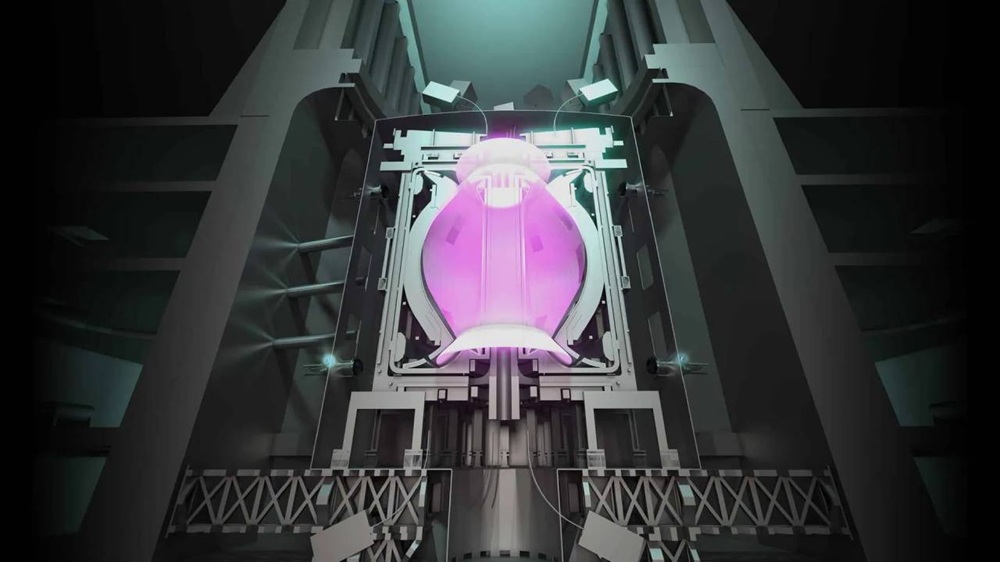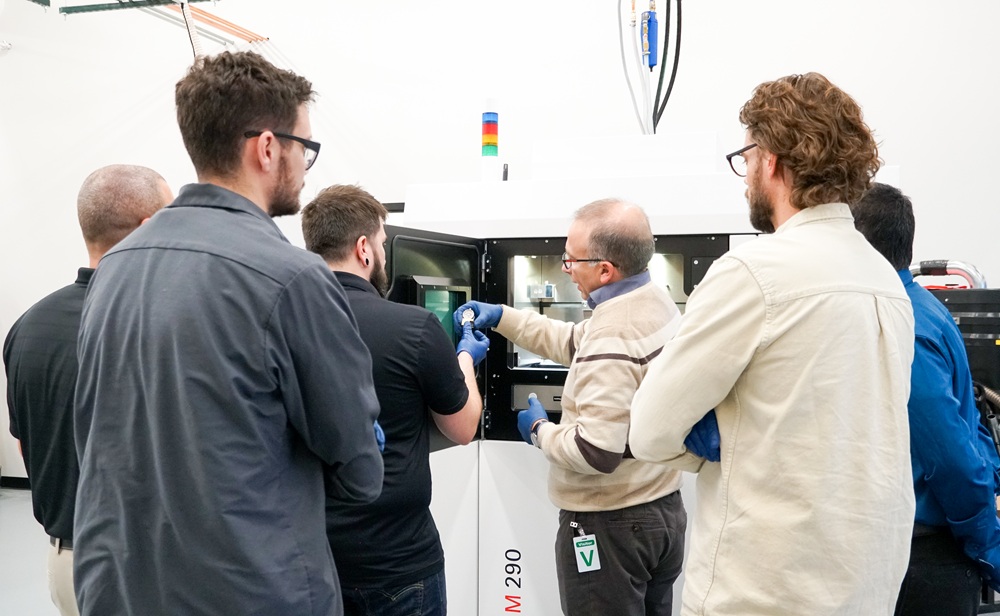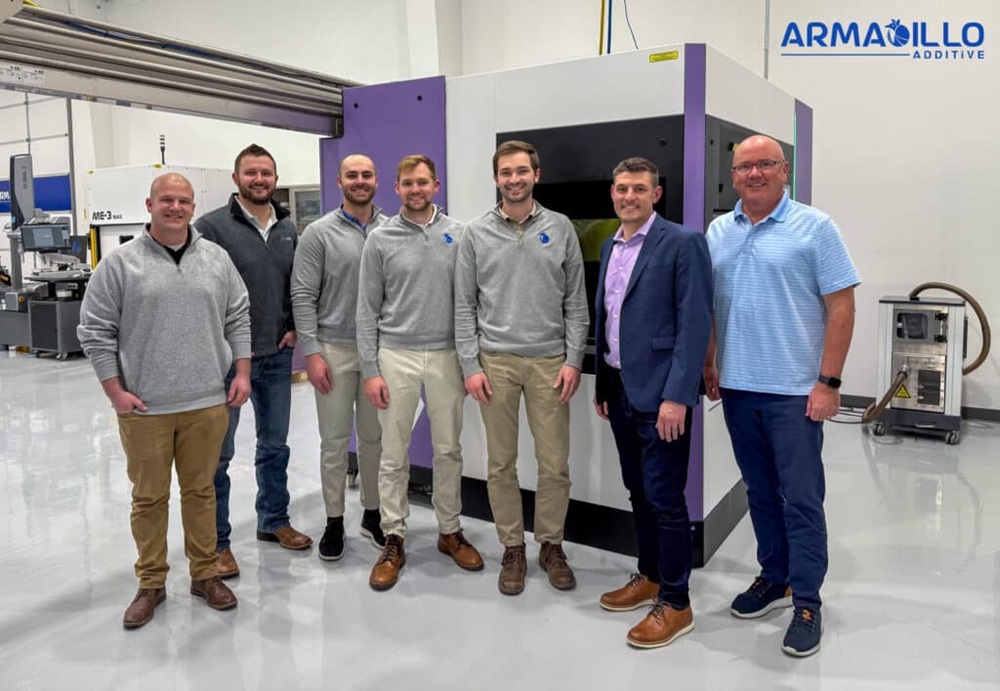EOS, a supplier of additive manufacturing (AM) solutions for industrial 3D printing, has secured a contract to support the US Navy’s ‘Maritime Industrial Base (MIB)’, an initiative that provides end-to-end LPBF (laser powder-bed fusion) training for MIB suppliers.
MIB aims to strengthen AM efficiency and bridge the maritime AM education and workforce gap. Commencing last month, the training programme is taking place at the Additive Minds Academy Center in Novi, Michigan. It combines online coursework with hands-on experience to equip MIB suppliers with critical skills in AM software, LPBF system operation and ASTM machine certifications free of charge.
“The programme helps the US Navy offer suppliers skilled personnel trained in new technologies like LPBF, which will enable us to fill critical component gaps that our traditional manufacturing base can’t provide in a timely fashion,” explains Dr Justin Rettaliata, MIB program additive manufacturing lead. “Through initiatives like this, the programme is advancing more agile and responsive manufacturing technologies in the US Navy’s supply chain to produce parts quickly.”
Notably, the initiative aims to strengthen AM efficiency and bridge the maritime AM education and workforce development gap. All courses will be led by EOS and ASTM-certified Additive Minds Academy trainers. Upon completion, participants will earn industry-recognised certifications for metal AM data preparation and metal machine operation, certified by ASTM.
“In recent years, the need for faster, more adaptable manufacturing processes to meet the US Navy’s production objectives has become increasingly evident,” says Fabian Alefeld, director of business development and the Additive Minds Academy at EOS. “Bridging this manufacturing gap demands innovative thinking, advanced technologies and, most critically, a skilled workforce equipped to leverage these new tools effectively.”
More information www.eos.info



















